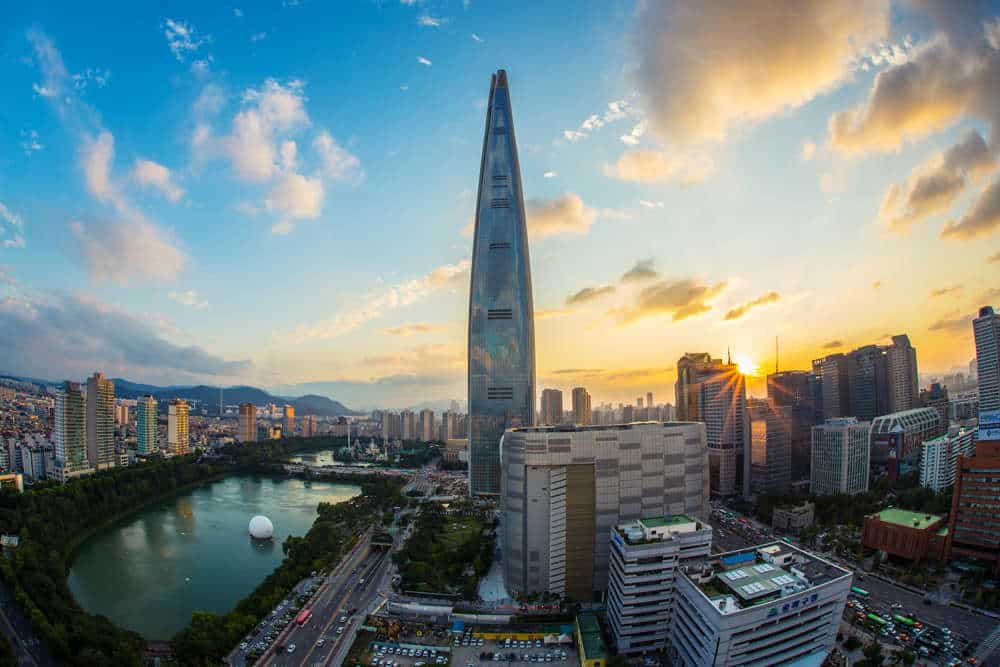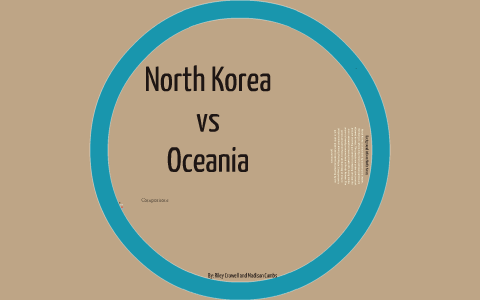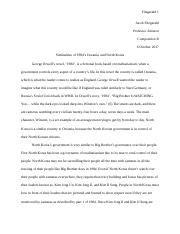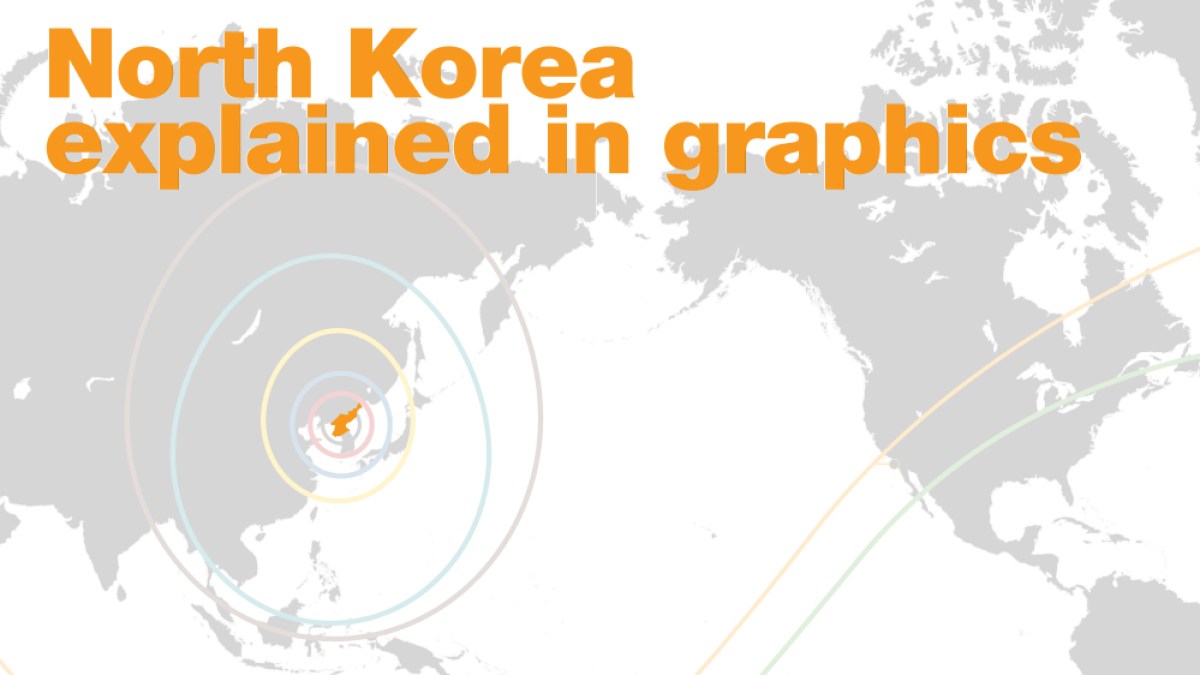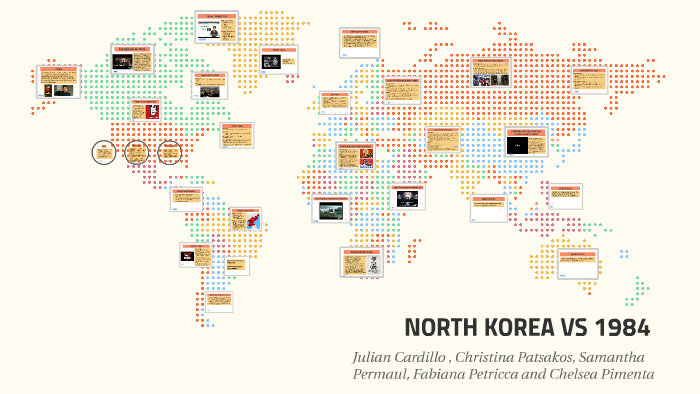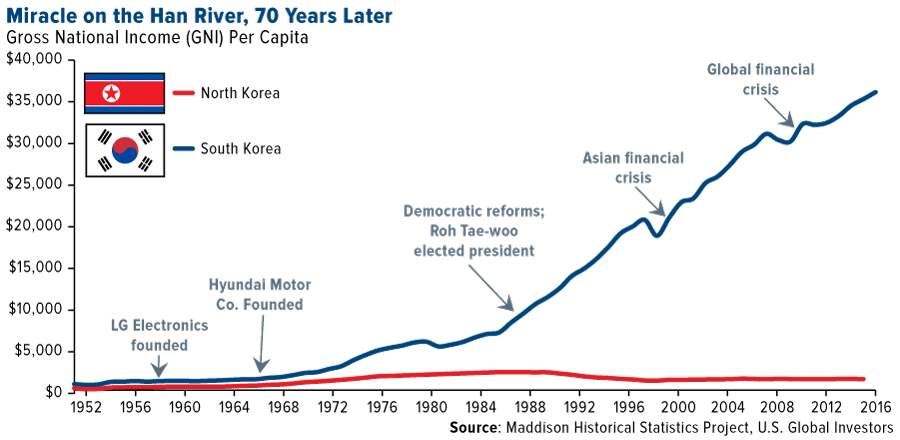George Orwell's novel 1984, published in 1949, is a dystopian tale that presents a terrifying vision of a future society in which the government controls every aspect of people's lives. The book is set in the year 1984 in a country called Oceania, which is ruled by a totalitarian regime known as the Party. The Party's leader, Big Brother, is a cult figure who is constantly watching and controlling the people through a system of surveillance.
In many ways, the society depicted in 1984 bears a striking resemblance to the real-life situation in North Korea, a country that has been ruled by a dictatorial regime since the end of World War II. Like Oceania, North Korea is a closed society where the government controls the media, censors information, and limits the freedoms of its citizens. The North Korean government also uses propaganda and a cult of personality to maintain its hold on power, with the ruling Kim family being revered as godlike figures.
One of the most striking similarities between 1984 and North Korea is the use of propaganda to control the population. In 1984, the Party uses a variety of methods to manipulate the public, including the telescreens, which are used to transmit government propaganda and monitor people's activities. In North Korea, the government also uses propaganda to maintain control, with state-controlled media outlets disseminating carefully curated messages about the ruling regime and its accomplishments. The government also uses public displays of loyalty, such as mass rallies and parades, to demonstrate the supposed unity of the North Korean people.
Another aspect of 1984 that is reminiscent of North Korea is the way in which the government controls and censors information. In the novel, the Party censors all information that does not align with its ideology and punishes those who defy its rules. In North Korea, the government also censors information and punishes those who seek to access or disseminate information that is deemed undesirable. The internet is heavily restricted in North Korea, with only a small number of people having access to it. Additionally, the government monitors and controls all forms of communication, making it difficult for people to access information from outside the country.
A final similarity between 1984 and North Korea is the way in which the ruling regime uses fear and repression to maintain its hold on power. In 1984, the Party uses the Thought Police to monitor and punish those who defy its rules. In North Korea, the government uses a range of tactics to suppress dissent, including arbitrary detention, torture, and execution. The regime also uses a system of political prison camps to imprison and punish those who are perceived as threats to its power.
In conclusion, while 1984 is a work of fiction, it bears many similarities to the real-life situation in North Korea. Both societies are characterized by propaganda, censorship, and repression, with the ruling regimes using these tools to maintain their hold on power. It is a cautionary tale that serves as a warning about the dangers of allowing governments to have too much control over our lives.
